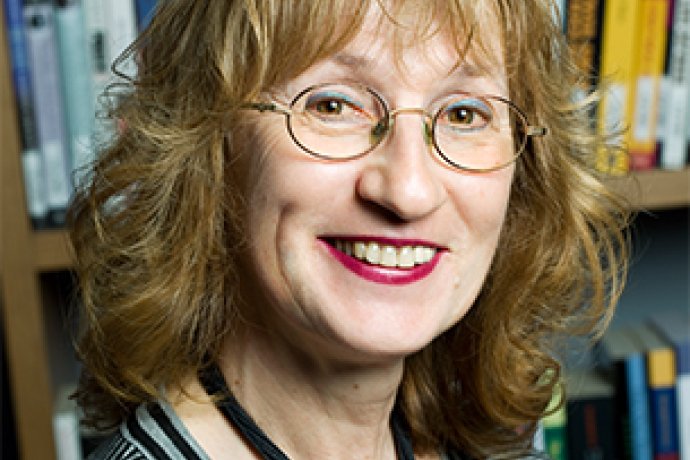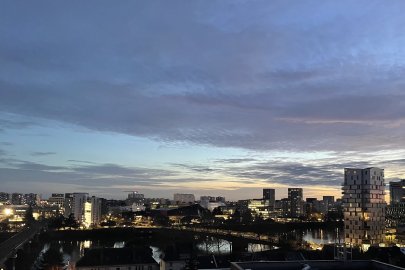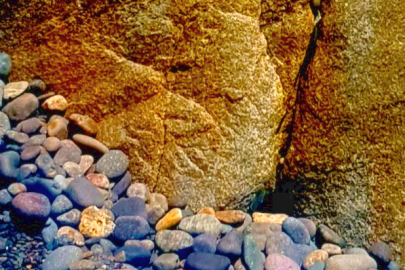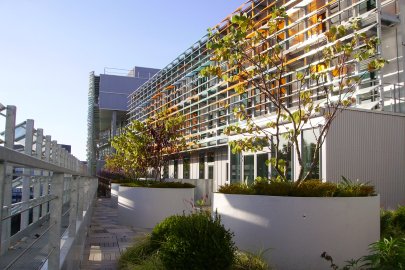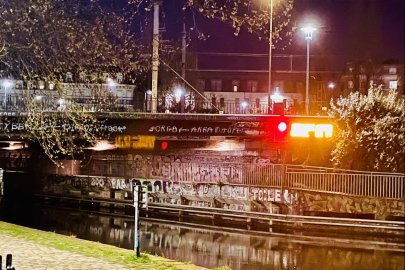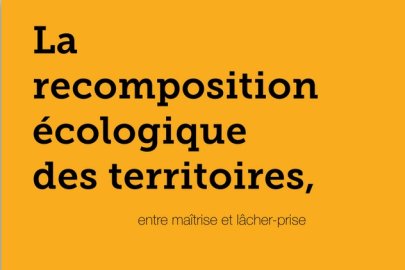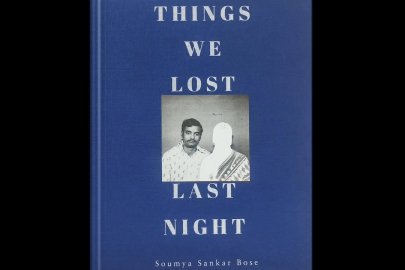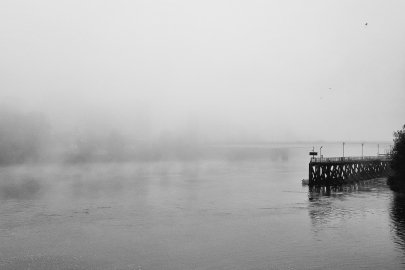Homo Viator or inhabiting the real world as imaginary
Anna Krasteva
Is it possible to inhabit both the earth and the imaginary, the real and the desire for the real?
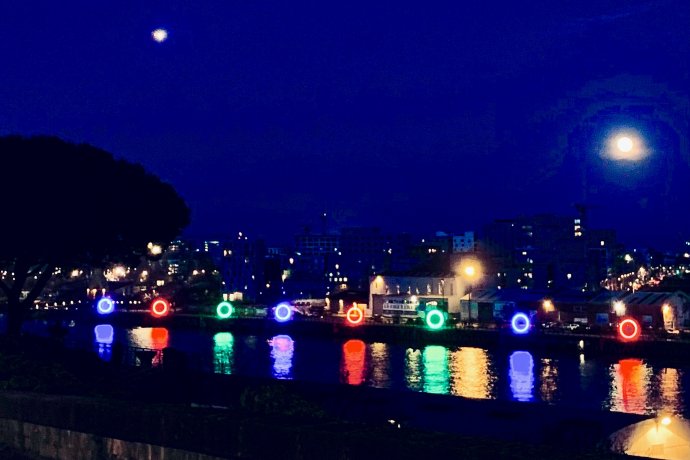
Homo Viator has forged its answer through its mobility, which is not migration, but journey, crossing and exploration. In this real-imaginary, mountains and rivers become landscape and poetics, and temporality is punctuated not by institutions, but by desire.
- You said I was born for the first time, what does that mean?
- The first time I was born in Brunei,” Zeeshan repeats. The second time I was born all over the world. So I come from everywhere. The world is my home.
This wonderful excerpt from Elif Shafak's Honor Crime heralds the “birth” of Homo Viator. This symbolic birth is poetic. Its birth is also theoretical: travel is transformed from adventure into theory, as in Michel Onfray's book Théorie du voyage (Onfray 2007) and numerous publications (Amar and Hatchuel 2010, Dortier 2012, Llerete 2012, Krasteva 2024). This birth is political, as it encourages travel and restricts other forms of mobility, such as asylum and migration. This birth is economic when it promotes tourism, cruises and all kinds of tempting offers that attract ever more consumers in ever more economies, and ever more economies depending ever more on the trained and encouraged thirst for travel.
Homo Viator is the subject of many interpretations, which I shall summarize in four perspectives: analytical, sociocritical, citizen and existential. The analytical perspective represents Homo Viator as the bearer and representative of key trends in contemporary society, such as deterritorialization, globalization and individualism (Augé 2012). Social critique focuses on the constructed nature of Homo Viator. An immense “industry” is mobilized to produce the consumer of mobility products: “... roads, new roads exploring endlessly, shamelessly, as if all that mattered was being somewhere else” (McEwan 1998: 64).
“There's really nothing I love more than being on the road.” So writes a Bulgarian traveler on her travel blog. What the citizen interpreter highlights in her post-communist experience is the fact that this mobility became possible with the advent of democratization. The transition from a closed to an open society is understood as a transition from a small, immobile and hostile world to a large, mobile and attractive one. Post-communist Homo Viator experiences mobility as freedom.
“To forget a relationship, some people try sexual promiscuity; I tried geographical promiscuity,” writes Georgi Gospodinov in his novel The Physics of Melancholy. From Taoism to the present day, the road is charged with existential significance. The road as quest, discovery, reconstruction, and the road as “geography” interfere as if by magic. There is no logical or causal relationship between movement in space and transformations of identity, but there is a poetics and ethics of the road.
Homo Viator is a contradictory figure woven from globalization, politics, identity quests, democratic practices, the imaginary and the poetic. Homo Viator seduces with the utopia of inhabiting a world where the central actor is the individual endowed with the will and capacity to be the author of his or her existential and mobile projects.
Bibliography
- Amar, G. , and Hatchuel, A. (2010) Homo mobilis. The new age of mobility. Limoges : FYP éditions.
- Augé, M. (2012) Pour une anthropologie de la mobilité. Paris: Rivages poche.
- Dortier, H.-F. (2012) Homo viator. In: Sciences humaines 240, no. 8 (2012): 8-9.
- Lherete, H. (2012). Le sens de la marche, In: Sciences humaines 240, no. 8.
- Krasteva, A. (2024) Homo Viator: Identities, Imaginaries, Poetics. In: Maeva, M., M. Slavkova, and M. Hristova (eds.) (2023) Between the Worlds of Old and New Homes. Vol. 5, Sofia: IEFSEM - BAS & Paradigma, 12-29.
- McEwan, I. (1998) Amsterdam. London: Jonathan Cape.
- Onfray, M. (2007) Théorie du voyage. Poetics of geography. Paris: Poche.
